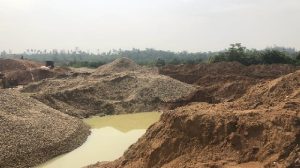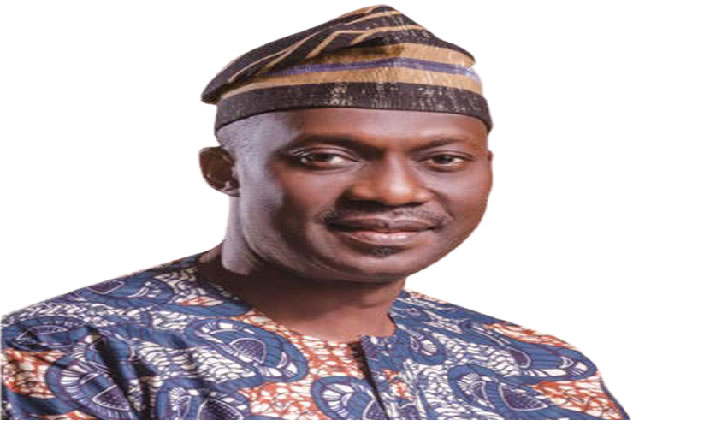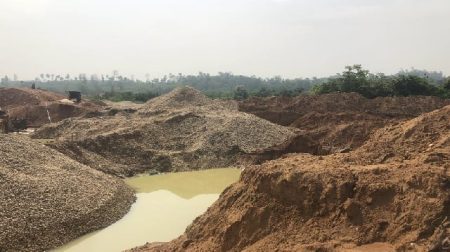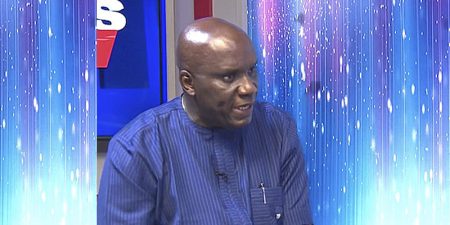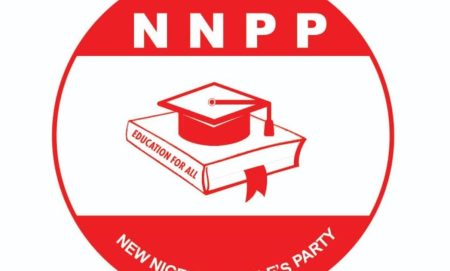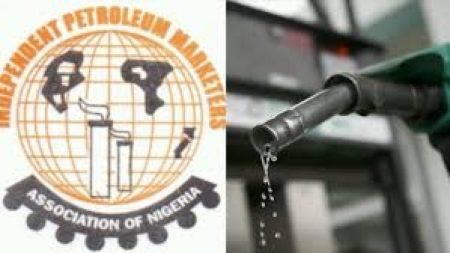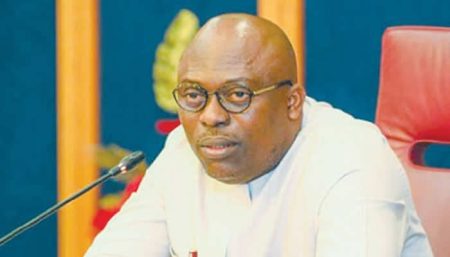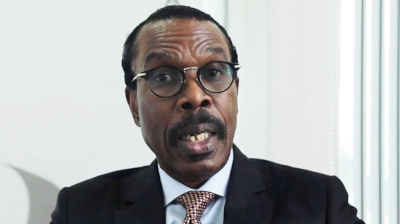The Manufacturers Association of Nigeria (MAN) lauded the collaborative efforts of stakeholders dedicated to revolutionizing the Nigerian manufacturing sector through the adoption of resource-efficient and cleaner production methods. This commendation was delivered by MAN’s Director-General, Segun Ajayi-Kadir, during the opening address of a five-day workshop focused on Industrial Energy Efficiency and Resource Efficiency and Cleaner Production (RECP). The workshop, held in Uyo, Akwa Ibom State, was a joint effort between the Global Environment Facility (GEF) and the United Nations Industrial Development Organization (UNIDO), targeting the Bank of Industry (BOI) and other strategic stakeholders. Ajayi-Kadir specifically acknowledged the BOI’s crucial role in managing the project’s financial aspects, emphasizing its commitment to promoting sustainable industrial practices in Nigeria.
The GEF-UNIDO project represents a global initiative aimed at assisting nations in achieving environmental sustainability by reducing emissions, bolstering climate resilience, and eliminating hazardous chemical waste. The workshop served as a platform for key stakeholders, including UNIDO, the project management unit, the BOI, and selected financial institutions, to converge and reinforce their commitment to transforming Nigeria’s manufacturing landscape. This transformation centers on embracing resource efficiency and cleaner production methodologies while prioritizing environmental protection. The BOI’s responsibility in managing the project’s financial component ensures manufacturers have access to the necessary resources for implementing energy-efficient solutions and cleaner production practices.
Ajayi-Kadir underscored the project’s significance, highlighting the crucial role of financial support in enabling industries across Nigeria to adopt technologies and systems that minimize energy consumption, reduce operational costs, and contribute to sustainable development. The workshop’s agenda encompassed providing comprehensive information on the GEF-UNIDO project’s structure, framework, and key components. Furthermore, it aimed to enhance participants’ understanding of industrial energy efficiency and resource-efficient cleaner production methodologies, equipping them with the necessary knowledge for successful project implementation.
The National Project Coordinator, Mr. Oladipo Jacob, representing Oluyemi Banjo, the National Project Coordinator for Environment and Energy at UNIDO Nigeria, provided an overview of the initiative and identified the project’s key stakeholders. These stakeholders included the BOI, tasked with managing the financial aspects of the project, ensuring participating manufacturers have access to the necessary resources for implementation. Other key players included the Federal Ministry of Power, responsible for overseeing Nigeria’s power sector and ensuring alignment with the project’s energy efficiency goals. The Standards Organisation of Nigeria (SON) played a crucial role in setting and enforcing standards related to resource efficiency and cleaner production. Finally, the National Universities Commission (NUC) contributed by integrating relevant curriculum components into academic programs, fostering a skilled workforce capable of driving sustainable industrial practices.
The collaboration between these diverse stakeholders reflects a comprehensive approach to achieving the project’s objectives. By combining financial support, policy guidance, standardization, and educational development, the initiative aims to create a lasting impact on the Nigerian manufacturing sector. This integrated strategy positions the project for success in fostering environmentally responsible and economically viable industrial practices. The inclusion of academic institutions ensures the long-term sustainability of the project by cultivating a generation of professionals equipped with the knowledge and skills necessary to implement and advance resource-efficient and cleaner production methods.
This detailed summary expands upon the original content, providing a more in-depth understanding of the GEF-UNIDO project, its objectives, and the roles of the various stakeholders involved. It emphasizes the significance of the initiative in promoting sustainable industrial development in Nigeria and highlights the collaborative approach adopted to achieve its goals. The inclusion of the specific roles of key stakeholders, such as the Ministry of Power, SON, and NUC, provides a more comprehensive picture of the project’s scope and potential impact. This expanded summary ensures a thorough understanding of the initiative’s multifaceted approach to transforming the Nigerian manufacturing sector.



